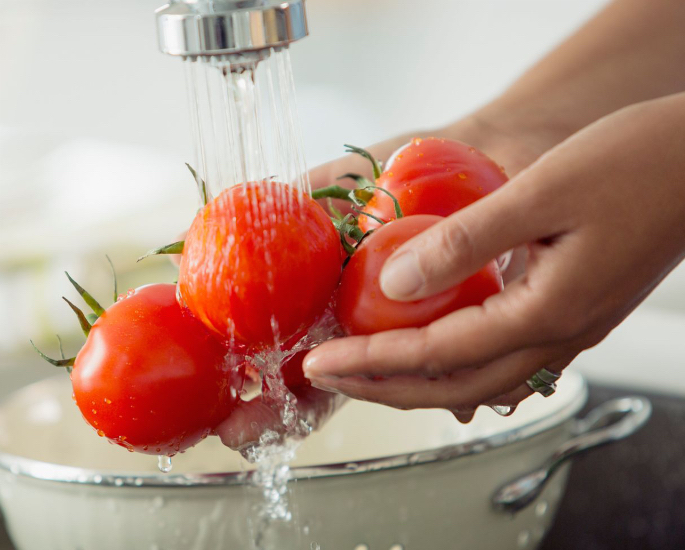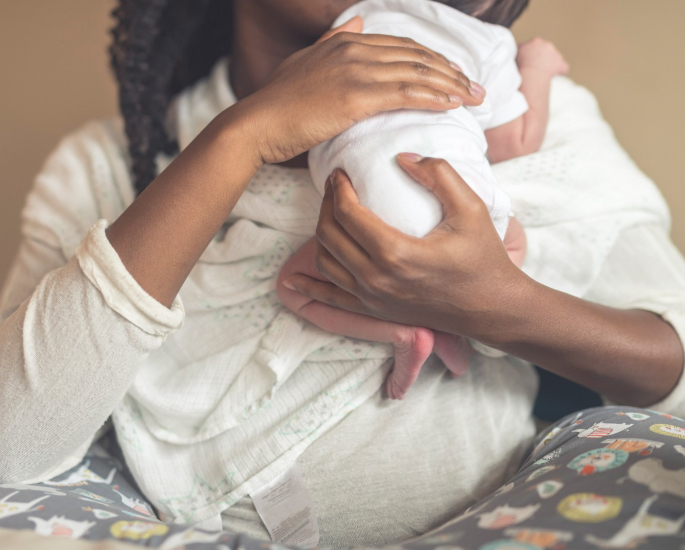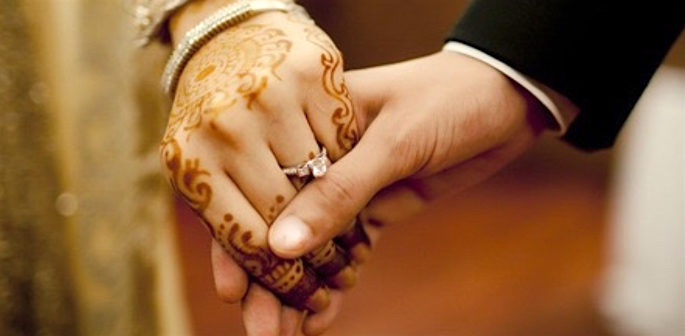“My mother-in-law and I share a great relationship"
Pakistani marriages are lavish affairs which are highly regarded in society, however, they are somewhat tarnished with misconceived stereotypes.
That is not to say that everything you hear about a Pakistani marriage is nonsense, yet it must be taken with caution.
Different cultures have various expectations and norms in a marriage. They are elements that have been developed over time concerning religious beliefs and culture.
Typically, it is believed that the phenomenon of Pakistani marriages revolves around the in-laws, husband and being the ideal daughter-in-law.
In the extent of these perceived expectations, one can lose themselves. Is this truly the sphere of a Pakistani marriage? Or is this blind-sighted ignorance that many people harbour?
It can be argued that as time has progressed over the centuries, the notions of a Pakistani marriage have hardly changed.
However, this is, in fact, false. With the progression of time, Pakistani couples are breaking the stereotypical mould forced upon them.
We explore the stereotypes related to Pakistani marriages and discover whether they have changed over time.
Beware of the Mother-in-law

This concept does not only relate to Pakistani marriages, rather it is a universal notion irrespective of culture.
The idea of ‘you do not only marry your husband, but you marry the family’ is believed worldwide.
For Pakistani marriages, it is imperative to have a healthy relationship with your in-laws.
Opposed to the popular belief that your in-laws will make your life miserable, it is important to ensure a healthy relationship for everyone’s benefit.
In particular, the mother-in-law has been branded as the figure that is supposedly set to make her daughter-in-law’s life miserable. She is essentially regarded as the villain.
Unfortunately, this stereotype is strongly attached to Pakistani marriages.
Regardless of what we believe, mothers will have certain expectations from their son and their daughter-in-law. It is a natural response and should not be allowed to manifest into a problem.
The mother-in-law and daughter-in-law have different upbringings and values which lead to their expectations. This is a factor that leads to a problematic relationship if both women are stuck in their ways.
However, this is not always the case. Most mothers-in-law and daughters-in-law share a good bond and defy this expectation.
DESIblitz exclusively spoke to Aminah about the relationship she shared with her mother-in-law. She said:
“Having been married for 6 years, I can honestly say that my relationship with my mother-in-law is not what I had expected.
“I used to get horror stories about the evil mother-in-law and how I would have to tread carefully around her. I soon realised this was not the case with me.
“My mother-in-law and I share a great relationship, despite what you hear about them feeling threatened by a new woman in their son’s life.
“We both have a mutual understanding and respect for one another and this has helped massively in avoiding the typical problems a new daughter-in-law faces once married.”
Despite the popular belief of the evil mother-in-law it is important for both the mother-in-law and daughter-in-law to make an effort to understand each other from the get-go. This attitude will help to ensure a healthy relationship.
No Privacy

Another stereotype held by many people is that a Pakistani couple never has privacy after marriage.
Traditionally Pakistani couples live with the extended family. This includes living with grandparents and other relatives.
This structure was prefered because the youngsters were able to take care of their elders while the elders nurtured the youngsters.
Unfortunately, the idea of living amongst so many people under one room essentially relates to the lack of privacy for the married couples.
Despite this being perceived as a negative thing, it is, in fact, down to the couple and whether they are willing to adjust.
However, this has changed. Regardless of the belief that Pakistani couples do not have privacy after marriage, studies have shown extended families are decreasing.
Director of the Centre for the study of Ethnicity and Citizenship at Bristol University, Professor Tariq Modood said:
“The number of elderly relatives living with their children is reducing rapidly.
“Pakistanis are now much less likely to live in what could be termed ‘joint family living’, with more than one married couple of the same generation living in the same house.”
Instead, many couples are opting to move out of the house and aim to find a house close by.
This comes down to the family dynamic and what works for them. Whether they decide to reside as a joint family or move out, that must be a decision made together.
Get to Work

Up next we have the stereotype of the daughter-in-law being confined to the kitchen and other household chores.
This perception has stemmed from the time when women were not expected to have a job as their husband and children were their duties.
The role of the woman was to nurture and care for her family while the man was traditionally the breadwinner.
Therefore, females were taught how to carry out household chores since a young age as it ‘would help them during marriage’.
However, with time, Pakistani women have gained more rights and are encouraged to gain an education and enter the world of work.
As a result of this, women cannot solely bear the burden of household work. This means their partners play an equal role in household affairs.
It is also thought that many Pakistani elders do not approve of a working daughter-in-law. It can be seen as a form of neglect on the family and household.
Although, this is changing, as many modern couples are challenging this stereotype as they adopt equality.
Societal Pressure

The society is a great part of the Pakistani community. While it is good that people are there to celebrate your joyous occasions, they are also quick to judge.
In particular, Pakistani marriages face the external pressure of having children from the get-go.
Aunties are quick to ask the question, ‘Are you pregnant yet?’ If the answer is no, then follows the question, ‘Why are you not pregnant yet?’
This is faced solely by the daughter-in-law, who is continuously hounded by such questions. The assumptions made are always that, she either cannot conceive or is facing marital problems.
However, more often than not, the real answer is that the couple is just not ready for children.
DESIblitz exclusively spoke to Shazia about the societal pressures she faced. She said:
“Having recently gotten married, I am constantly being asked, when I shall give some good news.”
“These queries often come from extended family and members of the Pakistani community.
“I am always being asked if things are fine between my husband and me when really we haven’t planned for children just yet.
“This stereotype in a Pakistani marriage can be rather annoying and people need to regard the couple’s privacy and feelings before asking such questions.”
The Man is (Not) Always Right

Stereotypically it is believed that the man is always right in a Pakistani marriage.
Men are perceived to be programmed into thinking they are superior to their female counterpart. This misogynistic view has been passed down generations because of the men acting as breadwinners.
The fact that they earnt an income and financially supported their family meant they had the upper hand.
The men dealt with decision making while their wives simply followed their command.
However, this view has been challenged. Women are being more vocal in their opinions and are not afraid to speak up.
Their opinions are being considered rather than being dismissed which is something that would have previously been the norm.
Pakistani couples are understanding the importance of communication. Also, men have released that listening to their wives does not affect their sense of masculinity.
Despite the stereotypes a Pakistani marriage faces, it is great to see that couples are actively challenging them.
Fundamentally, to make any marriage work it is important to communicate openly and go into a relationship with an open mindset and the idea of being equals.
Remember Pakistani marriages are not a competition of who wins; the daughter-in-law, mother-in-law or husband.
It is a lifetime relationship which will blossom with acceptance, trust and commitment.






























































